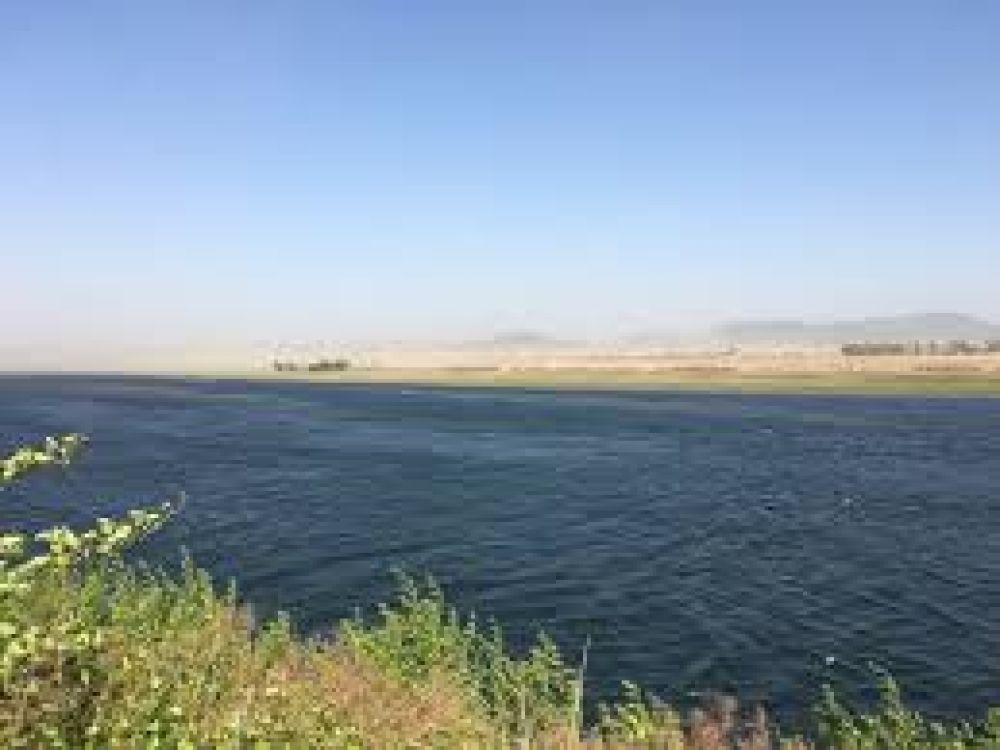

The Sinuiju Yalu River Estuary Nature Reserve is one of North Korea's significant natural landmarks, located at the mouth of the Yalu River, which forms the border between North Korea and China. Sinuiju, the city nearest to the reserve, serves as a hub of commerce and interaction between the two countries. While North Korea is not traditionally known for its bustling tourism industry, the Yalu River Estuary Nature Reserve represents one of the few conservation efforts the country has showcased to the outside world.
Tourism in Sinuiju, particularly to the Yalu River Estuary Nature Reserve, is a relatively new development, largely due to the secretive nature of the Democratic People's Republic of Korea (DPRK). For many years, the country has been largely closed off to international tourists, with the government maintaining strict controls over where foreigners can travel and what they can see.
Sinuiju has historically been an area of strategic and commercial importance, often overshadowed by its proximity to China and the political narratives surrounding North Korea. It wasn't until the late 20th and early 21st centuries that North Korea began to cautiously open its doors to foreign visitors, and even then, tourism was heavily restricted and orchestrated by the state.
A nod towards conservation, the Yalu River Estuary Nature Reserve was established to protect the diverse ecosystem, especially the bird populations that migrate through this area. As a place of natural importance, the reserve also became a site of interest for controlled ecological tourism.
While still not widely frequented by international travelers due to the restrictive nature of tourism in North Korea, the Yalu River Estuary Nature Reserve offers a unique experience for those permitted to visit. Tourists often require special permits and must travel within guided tours, which typically consist of small groups for a limited time and with a pre-set itinerary. Activities in the reserve usually include guided walks, bird watching, and occasionally scientific research for the select few granted permission.
Ecotourism has gained a modicum of interest within North Korea, with the government slowly recognizing the potential to promote certain natural sites for international tourism. In limited areas like the Yalu River Estuary Nature Reserve, efforts have been made to attract tourists interested in nature and preservation.
However, it's important to note that the latest trends in tourism to North Korea, in general, have been influenced by increased geopolitical tensions and travel regulations imposed by various countries, which often fluctuate with the political climate. Such factors dramatically affect the possibilities for potential tourists to visit regions like Sinuiju and its nature reserve.
When considering a visit to the Yalu River Estuary Nature Reserve, or any part of North Korea, one must carefully consider the ethical implications and personal safety concerns, due to the nation's human rights record and the politics surrounding foreign visitors. It is essential for travelers to be aware of their own country's travel advisories, adhere to the strict guidelines set out by the North Korean government, and ensure all travel is done through approved agencies.
In summary, while the Sinuiju Yalu River Estuary Nature Reserve offers a glimpse of the untapped natural beauty within North Korea, tourism to this region remains highly regulated and influenced by greater political and diplomatic factors.